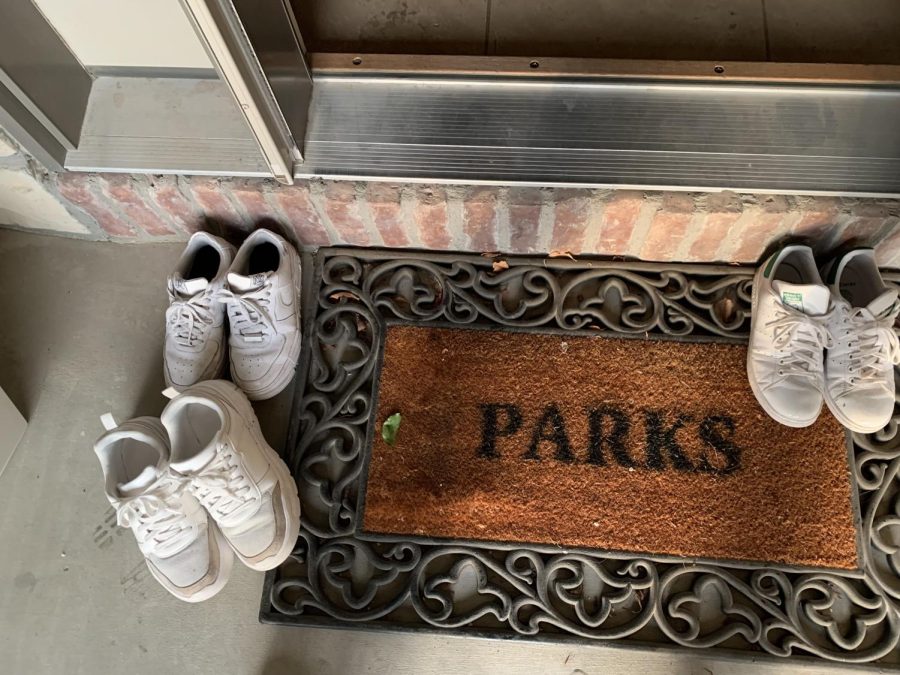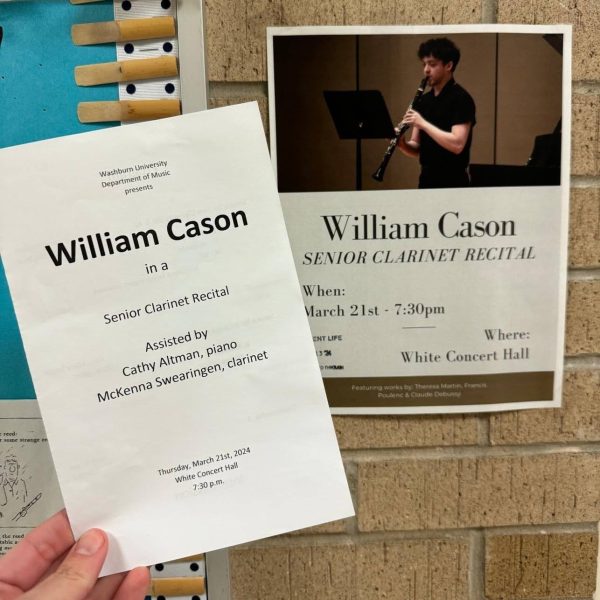Learning culture through international students
Finally, we have short-term exchange students from Japan after over two years of pandemic life. As we all remember, the world turned upside down and went crazy in the spring of 2020. It is simply great to have 20 students from the Chiba University of Commerce (CUC) within the Washburn community to say the least.
I happened to meet them on their first day and helped them settle into their adventurous eight-week journey. The first challenge for them was to buy everyday items like kitchen wares, toiletries, something for laundry let alone food and water at Walmart. It seemed that they were on a scavenger hunt. They moved from aisle to aisle, they were on a mission. Knowing that shopping can be a great opportunity for them to learn the language and about American culture while studying abroad, I tried not to interfere with their learning opportunity unless they exhausted all options.
At the same time, as a sociologist, it is always fun to observe how and what they purchase on the first adventure. For example, it would be “odd” to us but many Japanese students bought “slippers.” In Japan, slippers are indoor shoes, demarcating that you are inside of the house after passing the entrance area known as genkan in Japanese. In other words, when you arrive at home, you have to change to slippers, indoor shoes. What’s more interesting is that Japan has separate toilet slippers used for inside bathrooms. When you use the washroom, you remove regular slippers and change to toilet slippers.
By the way, CUC students think it is odd that we don’t have a bidet in the restroom. In Japan, many restrooms are equipped with bidets, which are high-tech with buttons and an array of functions. This is why culture is “relevant” – not wrong, right, odd, strange or weird, just different!
When one student asked me to find something she can use for her laundry, I suggested that she could use a mesh laundry bag. However, she was hesitant to buy it because she was concerned about how people can see her laundry. I assured that no one cares about her laundry and she could hide her underwear with other clothing, which was her main concern – she didn’t use the word underwear but it was safe to assume what she implied based on my knowledge of Japan.
Once they adjust to their new exciting life on campus, their routine kicks in – taking English classes in the morning, attending afternoon activities, including visiting regular classes or listening to lectures. They have various field trips to the Kansas State Capitol, Tulips at Twilight and Kansas City. They participate in many activities arranged by Washburn students, like resident assistants in the LLC, International Club and the WU Leadership Institute. Most importantly, they have free time to explore Topeka, Kansas and beyond. They will visit Lake Shawnee to enjoy spring and the scenic view. They will visit Kauffman Stadium to watch baseball games. They will visit Legends Outlets for shopping. They will visit the Plaza to enjoy various foods.
And they will have a chance to visit local residential homes. In fact, I invited three students, Kanau, Maho and Yuna, to my home. For them, this is a great opportunity to learn about American culture. (As a bonus, they will learn about Korean culture since my wife and I are from Korea.) At the same time, it is a wonderful opportunity for me to learn about Japanese culture. After all, learning is always mutual, not a one-way street. Even though I am an expert in Japan, “knowing” is different from “seeing.” In Japan, people take off their shoes before entering the house, which is a pretty common practice in Asian countries. However, as shown in the picture, this is how shoes are supposed to be arranged after they are removed. It is polite to turn shoes facing outward, which makes it easier to put them on the way out. Arranging their shoes like this became second nature for them because this is how they were socialized at early age; they were taught through shitsuke, “discipline” in English.
When kids rush into the house without tidying their shoes, Japanese moms repeatedly instructed them to arrange them neatly. Moms said that “kutsu wo soroete,” which means “line up your shoes” or “tidy up your shoes” in English – I learned this expression from our current students, Minami Isobe and Shiori Saeki.
Now, they are into week four in the program. I am sure there will be much excitement ahead of them. However, what makes their learning more thrilling is interactions with the Washburn community, especially local students. We should be more engaged with international students, not just 20 visiting CUC students. We have about 180 international students from over 40 different countries this semester – in the pre-pandemic, the number was close to 300. They are from Brazil, China, Haiti, Germany, Japan, Nepal and Saud Arabia.
We should acknowledge the value and contributions of international students because they enrich the learning environment with cultural perspectives and foster diversity, making Washburn a global community. Local students can have firsthand global experiences without traveling outside Kansas. We tremendously benefit from having international students beyond economic benefits.
So, appreciate having international students and be friend with our international students. They are Washburn students, too.
Edited by Alyssa Storm, Glorianna Noland
Your donation will support the student journalists of Washburn University. Your contribution will allow us to purchase equipment and cover our annual website hosting costs.













